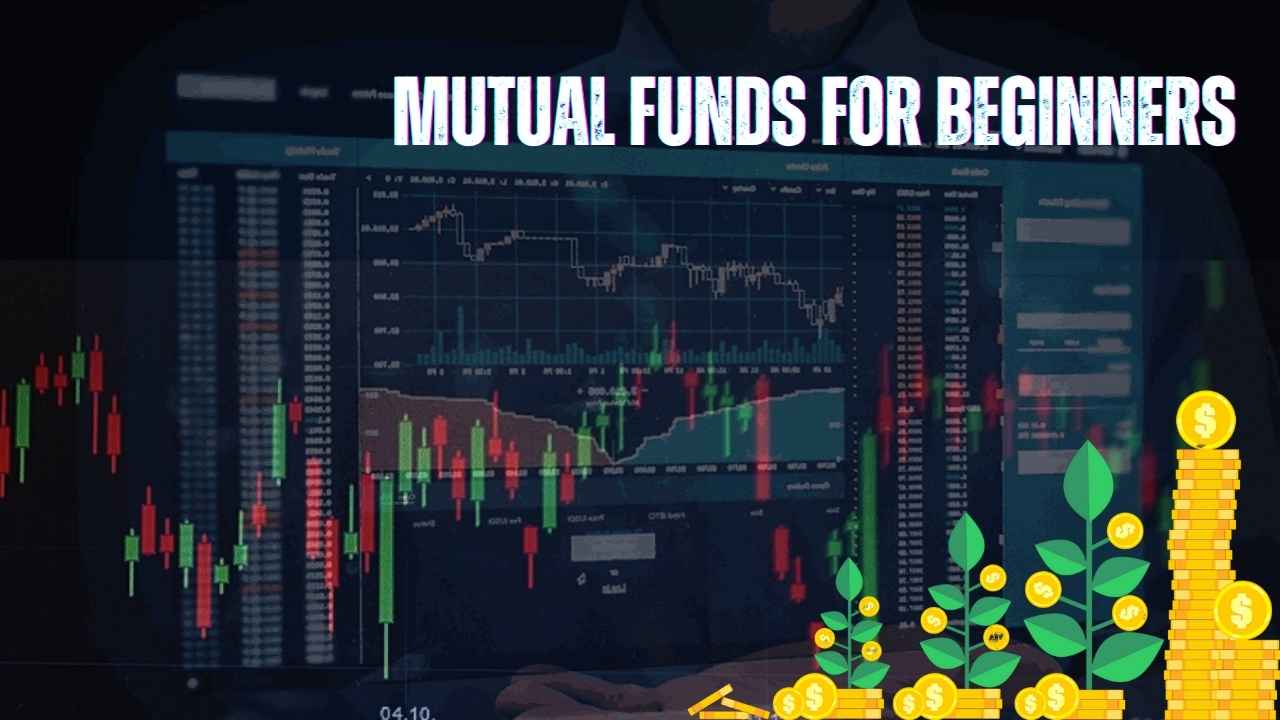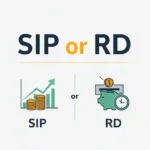Gold trading in the commodity derivatives market provides investors with a dynamic means of diversifying their portfolios and hedging against economic uncertainty and inflation. As one of the world’s most sought-after commodities, gold is still a top investment asset in India. In this complete guide, we define what commodity derivatives are, why gold is an investor favorite, and present a step-by-step, detailed guide on how to trade gold in the commodity derivatives market in India.

What are Commodity Derivatives?
Commodity derivatives are financial products whose value is based on the price of an underlying commodity. In gold trading, the most popular derivative products are:
- Gold Futures: Contracts to buy or sell a specific quantity of gold at a predetermined price on a set future date.
- Gold Options: Contracts that give you the right, but not the obligation, to buy or sell gold at a specified price before a certain date.
They enable traders to hedge against price fluctuations or bet on future prices without taking physical delivery of the commodity.
Why Trade Gold in India?
1. Hedge Against Inflation and Economic Uncertainty
- Gold has historically been regarded as a haven asset, holding value even in times of economic crisis and high inflation.
2. Global Demand and Liquidity
- Gold is globally accepted and very liquid, a favorite with both local and foreign investors.
3. Leverage Opportunities
- Commodity derivatives like gold futures enable one to take leveraged positions, which can magnify potential returns if handled with effective risk management.
4. Diversification
- Investment in gold diversifies the risk, especially when other asset classes like stocks and bonds are volatile.
How to Trade Gold in the Commodity Derivatives Market in India
Step 1: Open a Trading Account with a Registered Broker
- Select a Reputed Broker: Choose a broker registered with the Forward Markets Commission (FMC) or its successor under SEBI regulations.
- Complete KYC Process: Ensure your Know Your Customer (KYC) details are up-to-date to avoid delays in processing your trades.
- Access Trading Platforms: Modern brokers offer advanced online trading platforms with real-time market data, which is essential for informed decision-making.
Step 2: Learn the Basics of Gold Futures and Options
- Understand Contract Specifications: Familiarize yourself with contract sizes, tick values, expiry dates, and the underlying pricing mechanism.
- Study Market Trends: Use technical analysis tools, charts, and historical data to understand price movements and trends in the gold market.
Step 3: Develop a Trading Strategy
- Set Clear Objectives: Decide whether you are looking to hedge against risk, speculate on future price movements, or diversify your investment portfolio.
- Risk Management: Define your risk appetite and set stop-loss orders and take-profit levels to protect against unexpected market fluctuations.
- Test Your Strategy: Consider using a demo account to test your trading strategy before committing real capital.
Step 4: Execute Your Trades
- Place an Order: Using your trading platform, select the appropriate gold futures or options contract and execute your order.
- Monitor Your Positions: Keep a close watch on your trades throughout the day. Adjust your stop-loss orders and take-profit targets based on market movements.
- Stay Informed: Regularly review market news, economic data, and other factors that can influence gold prices.
Step 5: Manage and Close Your Positions
- Continuous Evaluation: Regularly assess your open positions and overall portfolio performance.
- Close Orders Strategically: Decide on closing your positions before the contract expiry if they have reached your target profits or if market conditions become unfavorable.
- Review and Learn: After closing your trades, review your strategy and performance to identify areas for improvement.
Tips for Successful Gold Trading
- Diversify Your Investment: Don’t rely solely on gold; mix your commodity trades with other asset classes to balance risk.
- Educate Yourself: Keep learning about market trends, technical analysis, and the intricacies of derivatives trading.
- Stay Disciplined: Stick to your trading plan, and avoid emotional trading decisions, which can lead to significant losses.
- Monitor Global Events: Geopolitical tensions, economic policies, and global market trends can have a direct impact on gold prices.
Final Thought
Gold trading in the Indian commodity derivatives market can be very lucrative if done with a disciplined approach and good knowledge of the market forces. By taking the correct steps—from opening the right trading account to formulating a well-planned trading strategy—you can successfully counter market fluctuations and possibly optimize your returns. As with any investment, it’s critical to keep learning, risk-manage wisely, and be flexible to adjust to changing market situations.
Frequently Asked Questions (FAQ)
Q1. What are commodity derivatives?
A: Commodity derivatives are financial instruments whose value is based on an underlying commodity. For gold, that generally means futures and options contracts.
Q2. How do gold futures work?
A: Gold futures are standardized agreements that compel the buyer to buy a stated quantity of gold at a known price on a future date. Traders hedge or speculate in gold prices through these contracts.
Q3. Is trading gold in the commodity market risky?
A: Yes, commodity trading is risky as it carries intrinsic risks like market volatility, leverage, and economic conditions. However, with right risk management principles and disciplined trading, these risks can be dealt with.
Q4. Can beginners trade gold in the commodity market?
A: Beginners are able to trade gold if they adopt a structured approach in the form of education, risk management, and a small initial position or demo account before placing real money.
Q5. What factors influence gold prices in the market?
A: Supply and demand, geopolitical tensions, global economic conditions, currency fluctuations (particularly the USD), and inflation expectations determine gold prices.










